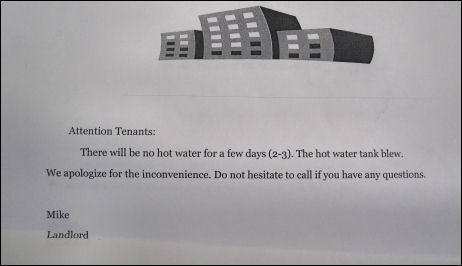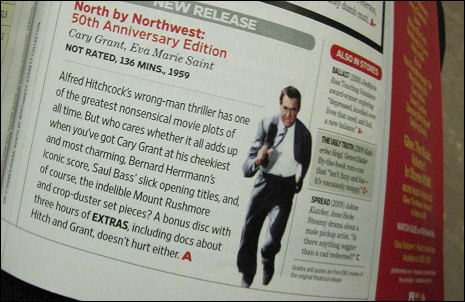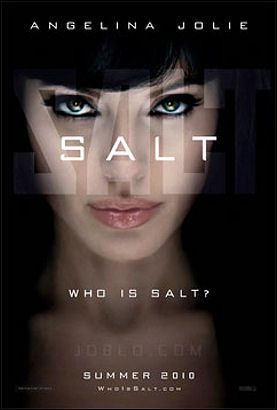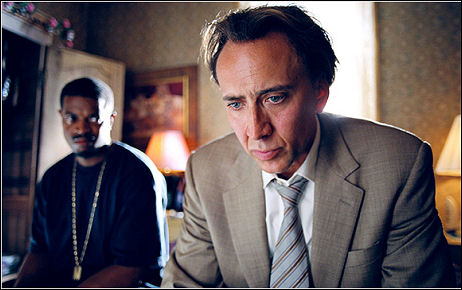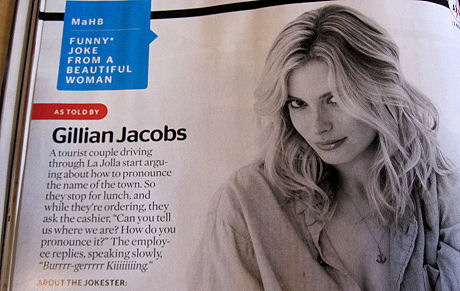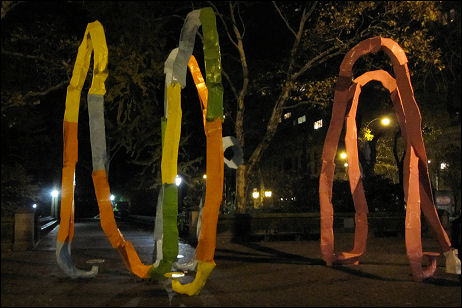Through the kindness of a friend, I too have now read Wes Anderson‘s The Rosenthaler Suite, a Universal/Imagine-funded adaptation of Patrice Leconte’s My Best Friend (Mon Meilleur Ami), theatrically released in ’06 and issued on DVD on 10.16.07. Or most of it, I mean.
Wes has thoroughly Wessified the Leconte piece and made it his own. And it’s a very enjoyable read. I could see this movie in my head right away, and I quite liked it. More than The Royal Tenenbaums or The Life Aquatic or The Darjeeling Limited, and more than Fantastic Mr. Fox, to be honest. I’d really like to see it made and released soon, or at least soon by Anderson standards, which would be within two years, or Christmas 2011. So let’s get on the stick.
I’ve read four of Wes’s scripts now and they’re all of a piece, each one cleanly and tidily and fastidiously written with that singular sense of dry, understated, cosmopolitan pocket-drop humor, or rather humor that isn’t really “humor” because it’s about an ensemble of vaguely depressive glumheads who are anything but “funny” and yet are amusing in a heh-heh, LQTM, chuckle-about-it-later-as-you’re-sitting-on-the subway-in-the-wee-hours type of way.
It’s basically an emotional growth story about a 40ish New York art dealer named Nicholas who’s myopic and self-absorbed and aloof in a typical Andersonian way (i.e., intelligent, driven, sophisticated, inwardly anxious, looking for serenity). You’re with this guy for less than a page and you’re immediately recalling Jason Schwartzman‘s Max in Rushmore, Bill Murray‘s Cousteau-like undersea explorer in The Life Aquatic, Gene Hackman‘s paterfamilias in The Royal Tenenbaums, and Owen Wilson‘s Dignan in Bottle Rocket.
The point is that Nicholas isn’t especially “likable,” which is never here nor there in Andersonville. (So?) The fact that he has no real friends is noticed and commented upon by an older rich Manhattan woman named Lucinda who occasionally funds Nicholas’s art-gallery purchases and who knows him well. She bets the entire value of a just-purchased cache of paintings by a dying painter named Moses Rosenthaler that Nicholas has no real friends. This is actually true but Nicholas disputes it, of course, and takes the bet, which means he has to find a friend who will stand up to scrutiny.
He zeroes in on an amiable, easygoing, classical-music-loving Polish cab driver named Zbigniew (as in Brezsinski). The relationship between Nicholas and Zbigniew is the heart of the thing, of course. You can guess where it goes from here, or you can rent the DVD or make up your own story.
A much more thorough review was posted yesterday by The Playlist‘s Rodrigo Perez, complete with speculation about who would play Nicholas (George Clooney), Lucinda (Meryl Streep) and Zbigniew (Owen Wilson might not work because he’s doesn’t seem able to handle a Polish accent, and yet he’d be the best, I think….hey, how about making Zbigniew a Texan and calling him Dodge or Dobbs or Shep or Ben Sliney?).


